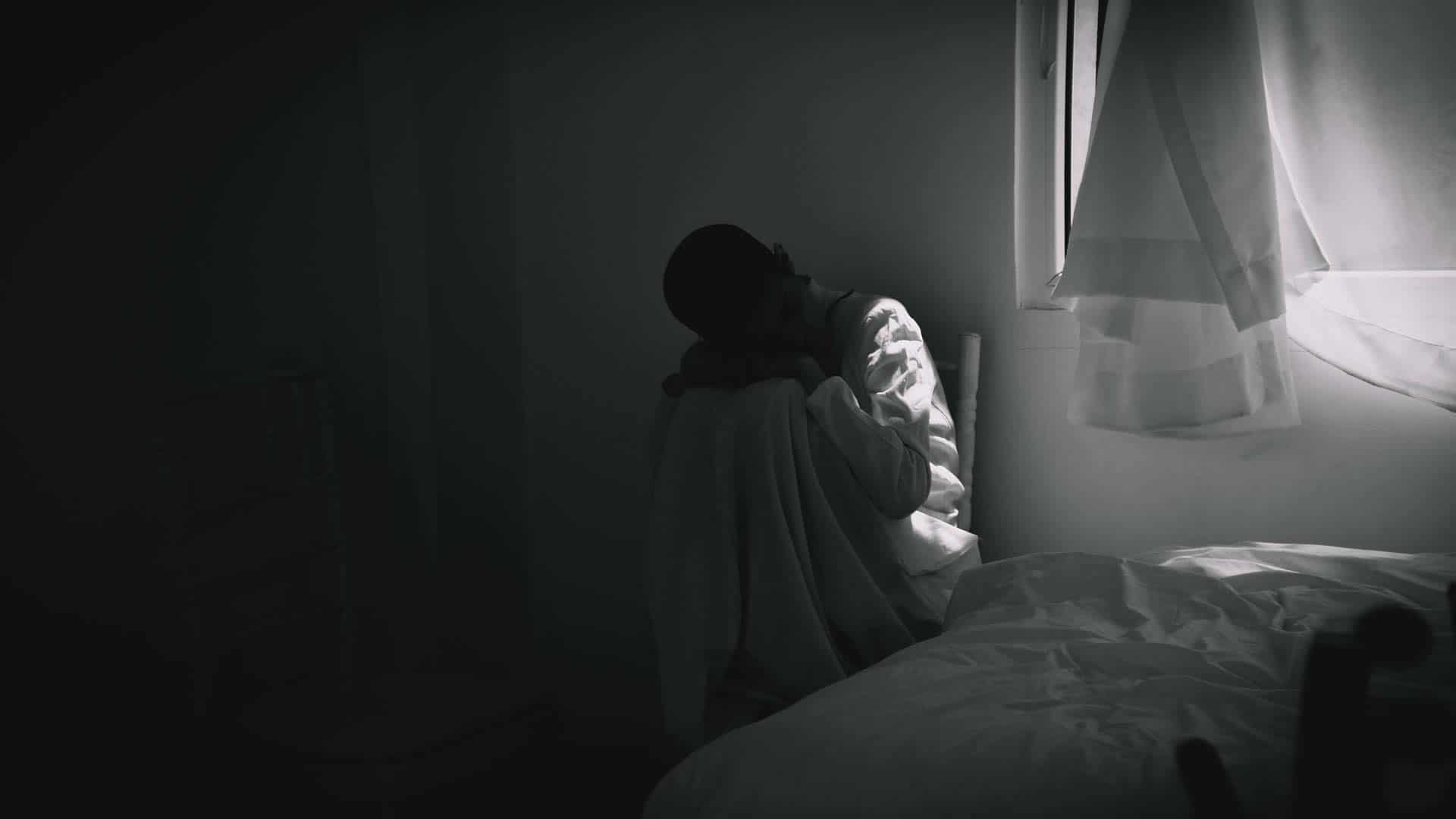When you are overcoming an addiction, you need to always stay alert to the possibility of relapse. In truth, this is something that you need to be aware of for the rest of your life. That can sound extreme, but it is the only way to ensure that you are truly and genuinely looking after yourself and minimizing your chances of getting back into the addiction in question.
Of course, to avoid relapse you have to know when it is likely to return. For that, it is useful to have a good awareness and understanding of some of the major relapse warning signs that might occur.
In this article, we will go through a few of the most common and likely of these, so that you can be aware of them and hopefully appreciate more intimately when a relapse is about to occur so you can stop it in its tracks.
Understanding The Process Of Relapse
First though, it’s important to understand the overall process of relapse, fully, so that you can appreciate how it functions. It is probably best to think of it more as a process than a single event, because it has a few key and clear points that you are able to see every time it happens. The more you become aware of this, the more power you have in avoiding a relapse in the future.
It can be broken down into the following three stages:

Emotional
This is often the first part of a relapse, and it can begin very early on, long before someone in recovery is even thinking about using the drug again. This is essentially a series of emotional triggers, or what can potentially become triggers, in the form of negative emotions and moods.
That could be fear, anger, depression, sadness, and even joy, depending on the nature of the addiction and your history of use with the drug. You might have anxiety and worry and other similar feelings too. These are clear early warning signs that a relapse could be under way.
Mental
Next comes the mental stage of relapse. This is related to, but distinct from, the emotional side, as it is when the process enters the thoughts rather than just the feelings. This is the part of relapsing that often feels like an internal struggle for the addict, that feeling when you know that you are sliding down towards relapsing again and you are arguing in your own mind about the pros and cons of doing so.
You will likely be having all sorts of thoughts, including on one side those rationalizing the addictive behavior, and on the other those which are considering taking the drug. It is very difficult to come back from mental relapse once you have decided to take the drug again.
Physical
Once that has occurred, it is normally only a matter of time until the physical stage of the relapse happens. That is essentially just when you actually perform the act, whatever it may be. In this case, the act is taking a particular drug or substance.
Using just that one time again can cause intense cravings to arise for more, even if it has been many years since your last hit. This is the dangerous power of addiction, and a big part of why it destroys so many lives. If you recognize yourself as having entered this stage of relapse, it’s time to seek out help as soon as possible and get back into treatment.
Causes Of A Relapse
So, as you can see, there is a very predictable pattern to relapsing. There are also many common triggers that you should try to be aware of, as the more aware you are of them the easier it will be to maintain your mindfulness and pull yourself back from the brink as necessary.
For instance, a common trigger for relapse is being around other people using the drug. This is why it’s so important to try and stay away from those people during recovery and even afterwards.
Alternatively, the trigger might be extreme emotional problems caused by something else, causing you to want to go back to your drug. It can also be down to a general lack of self-care, or a worsening of your mental health for no obvious reason at all. Whatever it is, just make sure that you are doing all you can to get yourself some help.
If you would like to seek help for your addiction, get in touch with us today.

